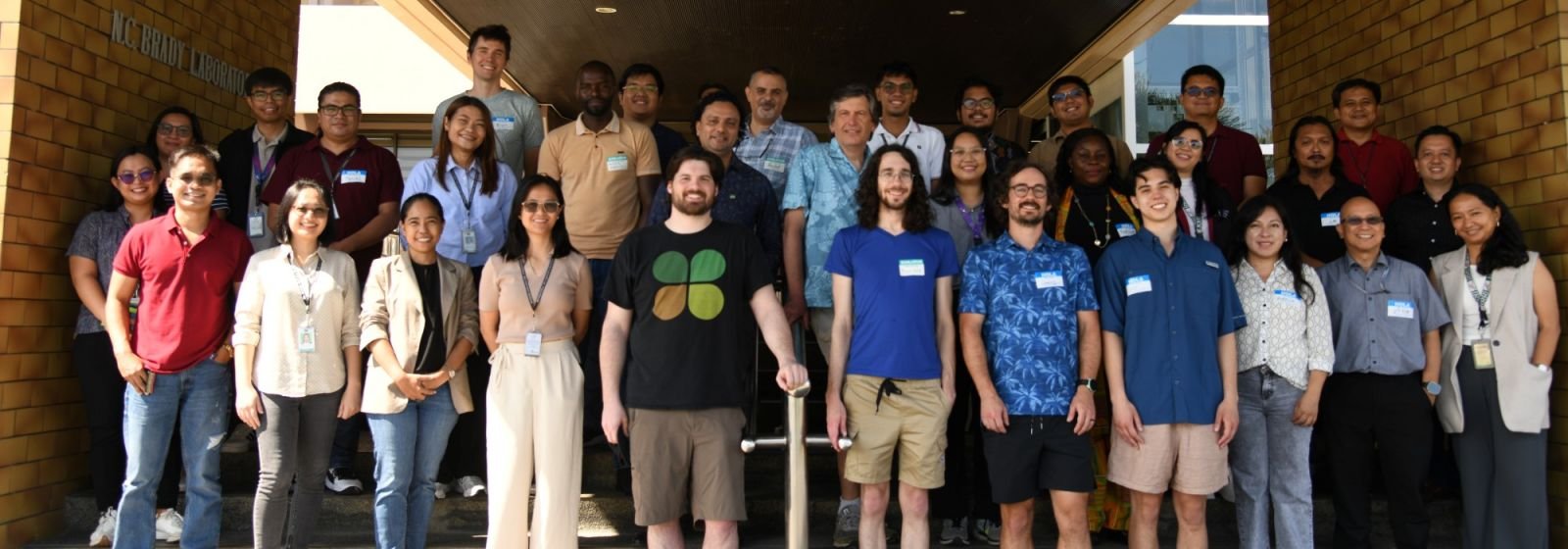Friday, 13 February 2026

In a major push to enhance the efficiency of digital tools in crop breeding, experts from around the world gathered at the International Rice Research Institute (IRRI) for a weeklong hackathon centered on BrAPI—the Breeding Application Programming Interface. The open-source standard is designed to connect diverse breeding software systems, enabling faster, more accurate data sharing across CGIAR and its partners. By fostering interoperability, BrAPI is helping breeders accelerate the development of improved, climate-resilient crop varieties.
Held as IRRI gears up for its 65th anniversary, the event underscored the institute’s commitment to digital collaboration. “We’ve always supported shared digital platforms across CGIAR, and this event shows what that kind of partnership can achieve,” said Joy Gimena, IRRI’s Head of IT. “It reflects our strategy to build strong, global connections that support breeders with practical, data-driven tools.”
Echoing the sentiment, Dr. Sankalp Bhosale, Interim Head of Rice Breeding Innovations at IRRI, emphasized the foundational role of data in crop improvement. “Data is objective and connected. It strengthens digital systems for both internal teams and partners,” he said. “Our challenge is to make systems compatible, improve data sharing, and support better decisions.”
A key highlight of the hackathon was the integration of the Enterprise Breeding System (EBS) with the Field Book app, streamlining field data collection and overall breeding operations. The event also featured new tool demonstrations: CIMMYT unveiled a browser-based version of DArTView for exploring genetic diversity, Clemson University presented updates to Field Book, and the Alliance of Bioversity International and CIAT introduced improvements to Artemis, an image-recognition app now BrAPI-integrated. IRRI also showcased a new interface between EBS and Bioflow for laboratory sample tracking, along with a prototype for plot-level image storage from Field Book.
The hybrid event brought together 54 participants from leading research centers and universities including Cornell, National Taiwan University, Texas Tech, Clemson, CIMMYT, ICARDA, IITA, and others. Led by BrAPI Project Coordinator Peter Selby, the program included peer review sessions, technical updates, and focused team-based development work. The hackathon was co-organized by IRRI’s Breeding and Research Services Digital Solutions team, represented by Jahzeel Ramos Calosa.
With breeders, developers, and data scientists working side by side, the event demonstrated how open standards and digital collaboration can reshape the future of crop improvement.